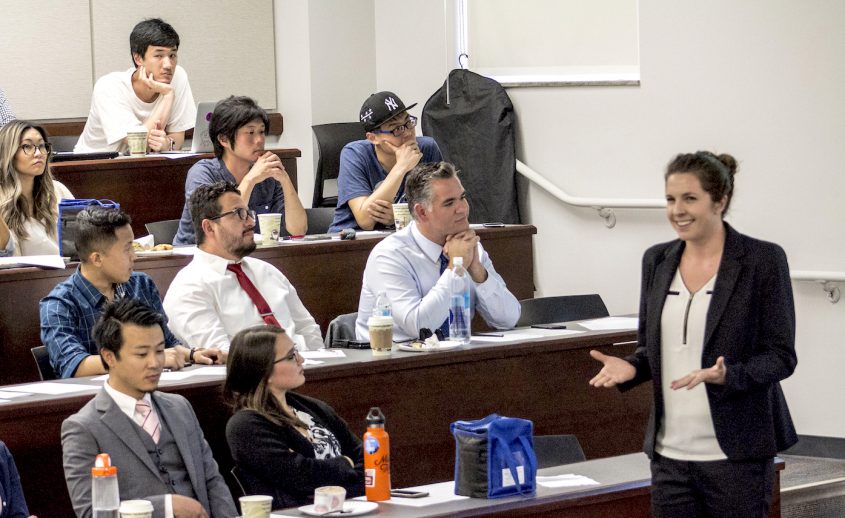
Immersed in the Real World The yearlong Applied Policy Project puts MPP candidates on the front lines to grapple with issues close to home and far afield
By Mary Braswell
It’s a year’s worth of exacting work, whittled down to a 20-minute talk.
And for some, it’s over in a flash.
“We were all talking about it afterward. ‘That was 20 minutes? It felt like five minutes!’ ” Ramandeep Kaur said of her team’s Applied Policy Project presentation, a rite of passage for all Luskin School MPP candidates.
Kaur’s team was one of 13 to stand before a packed lecture hall over three evenings in May. Each succinctly presented a policy issue, reviewed their research, made a case for the wisest course of action — then fielded a barrage of questions from their peers and professors. They also produced polished reports laying out their findings in detail.
In short, they were using skills each will need as they leave UCLA Luskin and put their master’s degrees to work.
“These Applied Policy Projects are extremely beneficial to our MPP students as they are an opportunity to put all of their policy analysis skills to work in a real-world setting,” Public Policy Vice Chair Manisha Shah said.
“In their first year, students learn so many of the tools necessary to do policy analysis, and then in their second year, they get to implement these tools in the APP,” Shah said. “The final product is an important piece of policy analysis on topics ranging from health to housing to the environment to social justice issues … and the list goes on.”
This year’s APP teams conducted rigorous research on issues near and far — from the drinkability of Los Angeles tap water to human rights abuses in Europe.
Some of the teams formed a year in advance, as students with similar interests and complementary skill sets banded together. Knowing they would work on the APP during their entire second year, they chose topics close to their hearts.
“I knew I wanted to do a project I was passionate about, a project that had an advocacy lens on it,” Kaur said.
Teammate Annia Yoshizumi had worked with the UCLA Luskin-based Center for Neighborhood Knowledge (CNK) and suggested pursuing a project on housing. Allan Nguyen and Xiaoyue Zheng brought strong data analysis skills to the team, Kaur said.
Their research on the impact of drastic rent increases in unincorporated L.A. County benefited two clients, CNK and the Los Angeles Center for Community Law and Action.
“For me personally, I did grow up in L.A., and my parents did live in a rent-controlled apartment, and they were able to then save a lot of money and purchase a house,” Kaur said. “But that’s not an opportunity that many people have. So how do you tell that story so that people understand?”
Another team focused on preserving undocumented patients’ access to healthcare in a time of anti-immigrant rhetoric. Two of the team’s members are earning concurrent MPP and M.D. degrees through UCLA’s Prime Program, including Joe Torres, who was undocumented himself until he became a U.S. citizen in 2016.
Working with Venice Family Clinic, which has provided medical care to vulnerable populations in West Los Angeles for nearly 50 years, the team paired data analysis with extensive surveys in English and Spanish. Among the findings: In the wake of the 2016 presidential election, 64 percent reported more fear or anxiety about ICE raids specifically at clinics, and 39 percent felt less safe taking their U.S. citizen children to the doctor.
To maintain the trust of its patients, Venice Family Clinic should step up the security of its patient records and forge partnerships with legal advocates in the community, the team recommended.
This year’s APP clients were a diverse lot, including the Partnership for L.A. Schools, the Clean Power Alliance, the European Implementation Network, an administrative judge for the Equal Employment and Opportunity Commission and several local government entities.
One team that shared an interest in international development took on the World Bank as a client. Their focus was assessing financial incentives for hospitals in the Kyrgyz Republic to improve infant and maternal mortality rates.
Key to the project were interviews conducted with agencies on the ground, team member Tanya Honey said.
“That’s the thing I love to do — I love doing outreach,” said Honey, who spent hours on international calls with the World Health Organization, United Nations and USAID. She credits faculty advisor Wes Yin with pushing the team to use these conversations with experts to provide context to their data.
“I think that was extremely valuable to our project,” Honey said, adding, “I’ve never heard so many Russian accents!” With a bachelor’s degree in linguistics, Honey speaks Spanish, French, Italian, Chinese, Hindu and English, but “not Russian — yet.”
To prepare for their APP presentation, Honey’s team recruited students from the Luskin School’s third-floor Commons to serve as a mock audience.
“We were definitely a little bit nervous,” she said, but fortunately her team had substantial experience in public speaking. Teammate Parshan Khosravi is an officer and advocate with the Graduate Students Association, and others have taught classes as teacher’s aides or presented papers at symposiums.
Another APP tradition also helped calm nerves: dressing like you mean business. “I actually feel more confident when I dress up,” Honey said.
Following each APP presentation is a question and answer period that can be daunting. While everyone in the audience is supportive of the presenters, many are also experts in their fields and can readily spot holes in data, assumptions and methodology.
Kaur’s team knew that its main policy recommendation — a rent stabilization ordinance — was controversial.
“A lot of economists do not like RSOs, so we knew we were going to be hit with a lot of questions about that,” she said.
But her team was confident in their analysis and ready for any challenge they might face.
“We did a mock presentation in front of both of our clients, and had them ask us really hard questions that they get in the field when they talk about any sort of tenant protection policy,” she said. “So that really prepped us.”
Also important to Kaur’s team was putting a human face on their policy analysis. They included tenants’ voices because “we really wanted to frame it in a way that people understood who this policy was going to impact.”
Faculty advisors for this year’s APP teams were Shah, Yin, Meredith Phillips and John Villasenor. “What’s great about the experience is that, while it is a real-world experience, it is also a guided experience in that each group is assigned to a Public Policy professor who advises them through the entire process,” Shah said.
This year, three APP projects were singled out for special recognition:
- Highest honors: Reducing Delay to Promote Civil Rights: How Administrative Judges at the EEOC Can Resolve Employment Discrimination Complaints in a Fair Yet Efficient Manner (Delvin Turner, Elizabeth Joun, David Lyons)
- Honors: Social Determinants of Health Literacy: Optimizing Public Health Outreach and Education Strategies in Long Beach, California (Stephanie Berger, Marisa Conner, Alexander Fung, Taylor Wyatt)
- Honors: LA TAP (Tap Water Action Plan): Evaluating the Customer Experience of Tap Water in Los Angeles (Virdiana Auger-Velez, Rachel Lacoe, Caleb Rabinowitz, Bei Zhao)
Find more photos from the 2018 Applied Policy Project presentations on Flickr
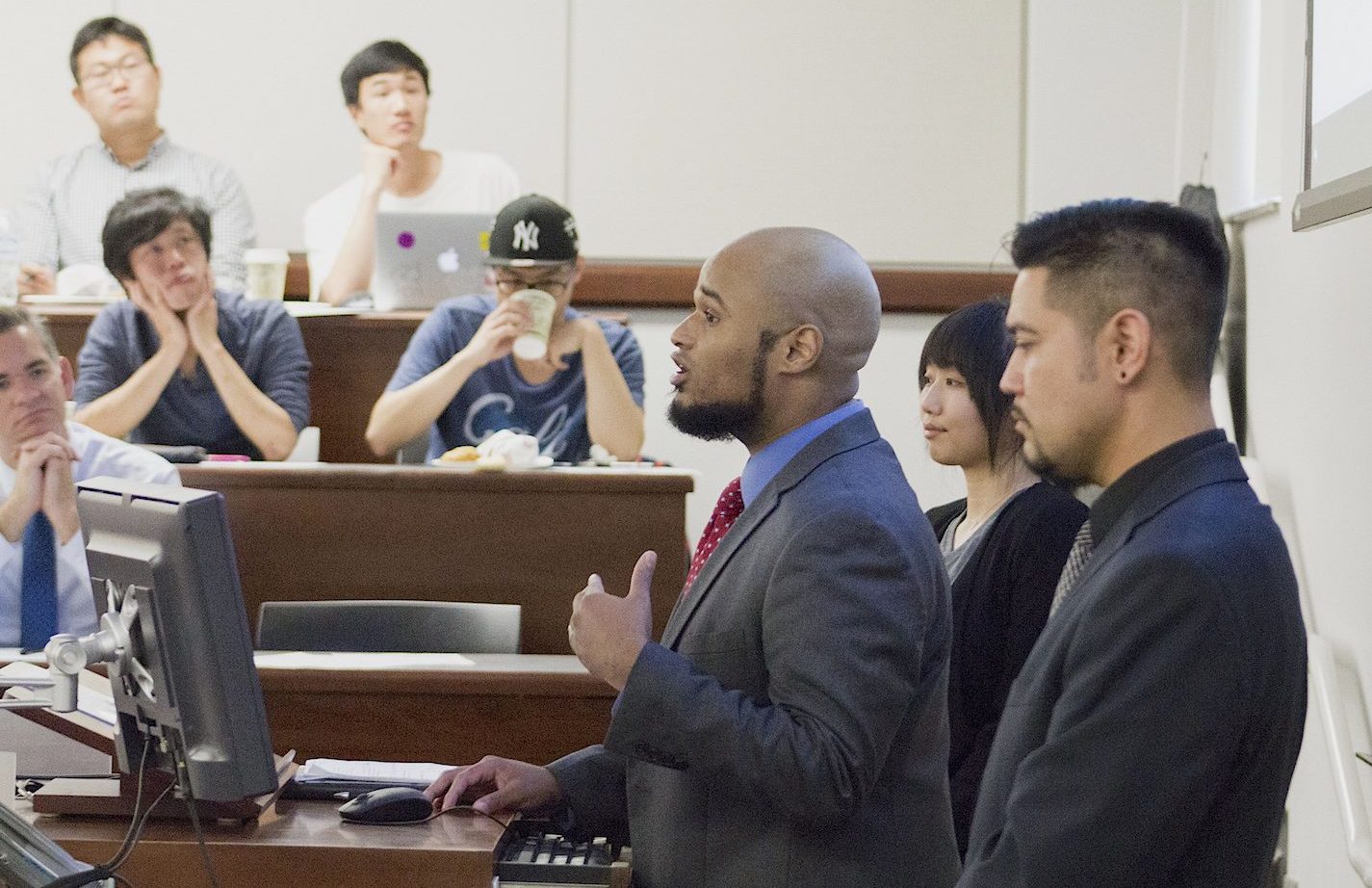
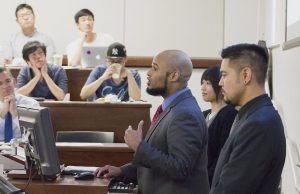
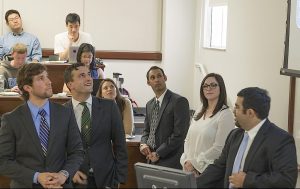
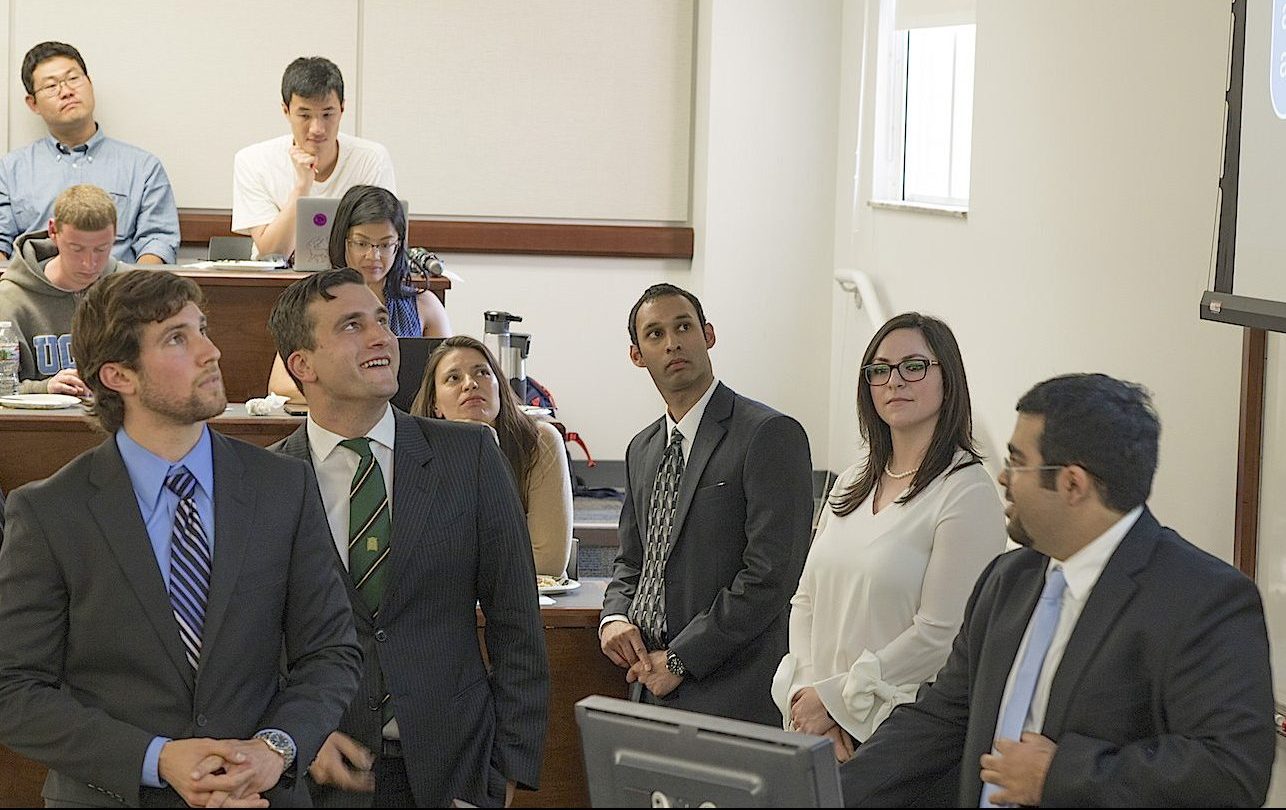
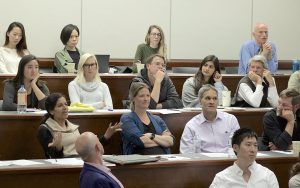
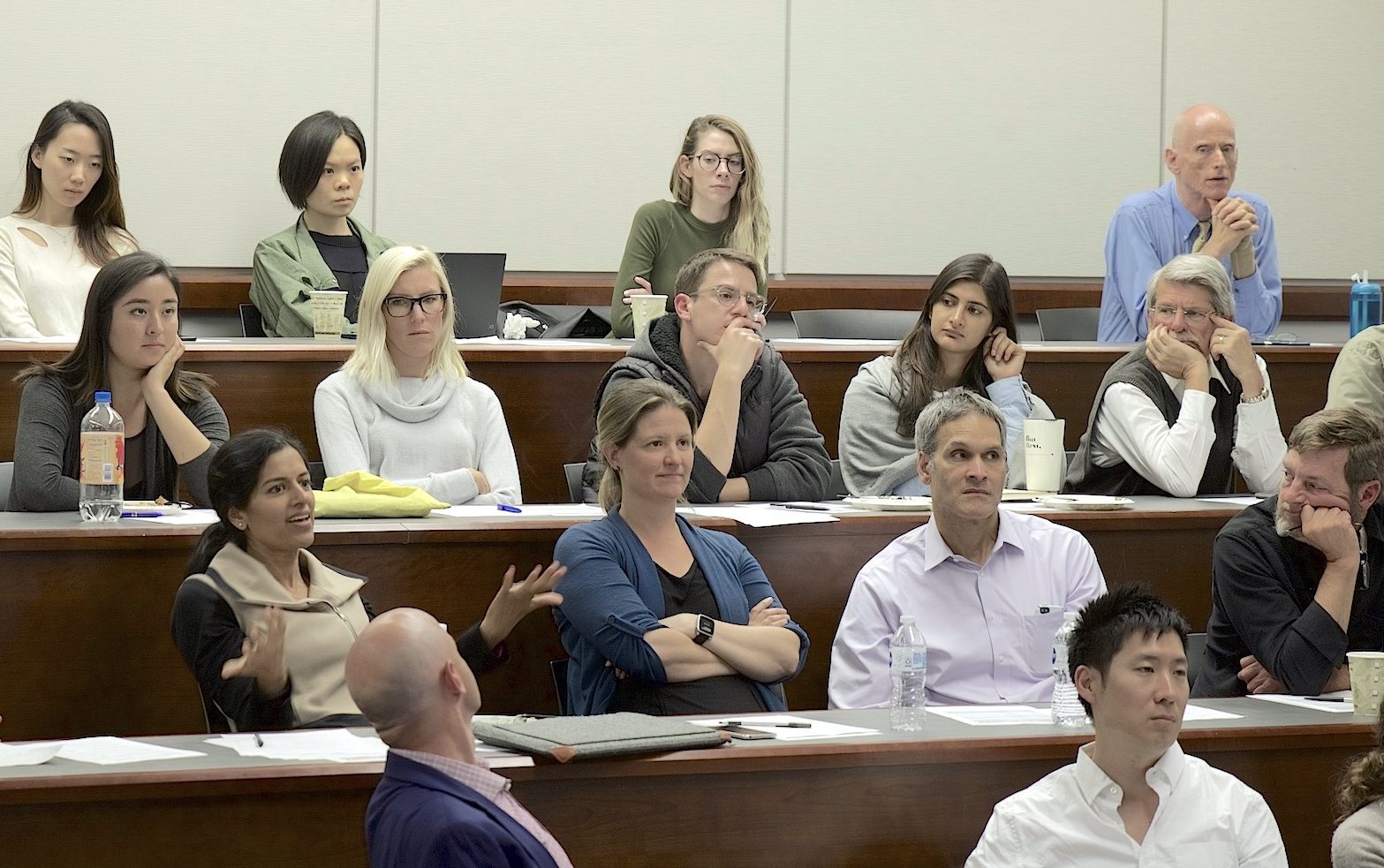
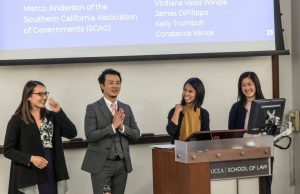
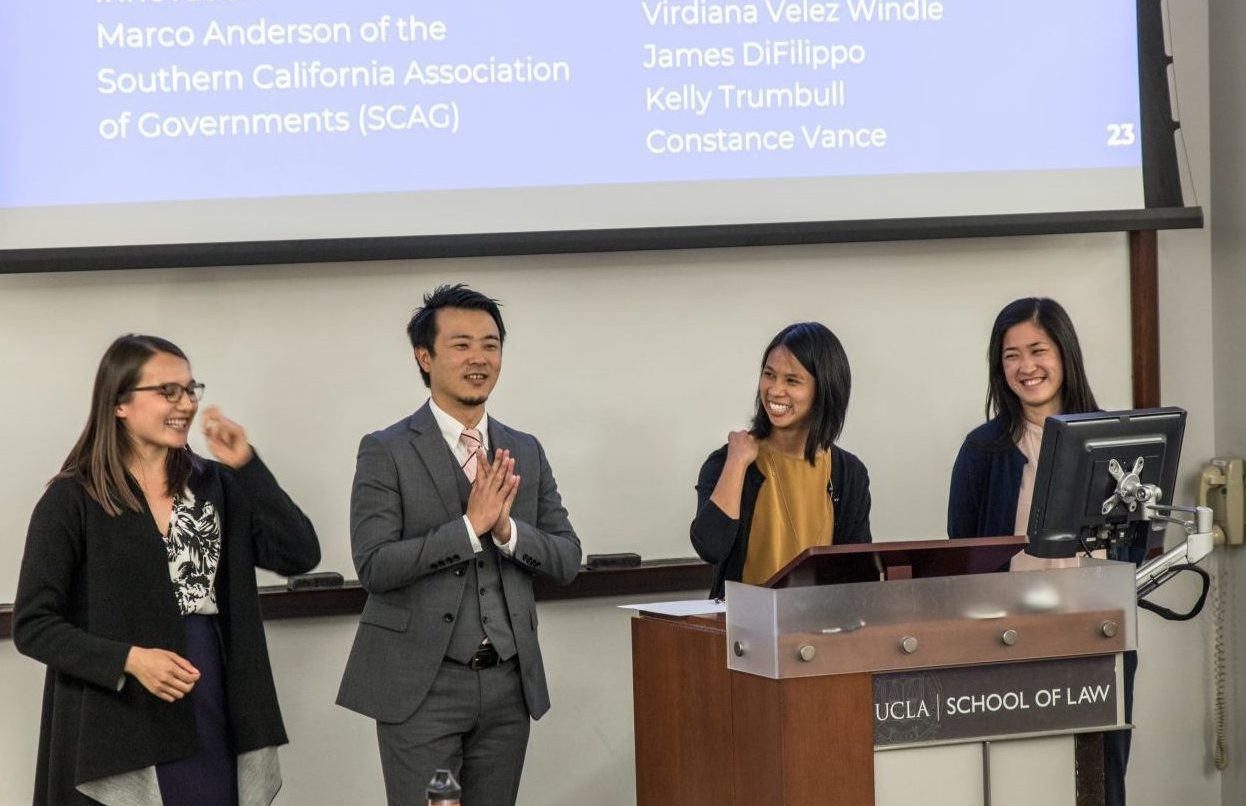
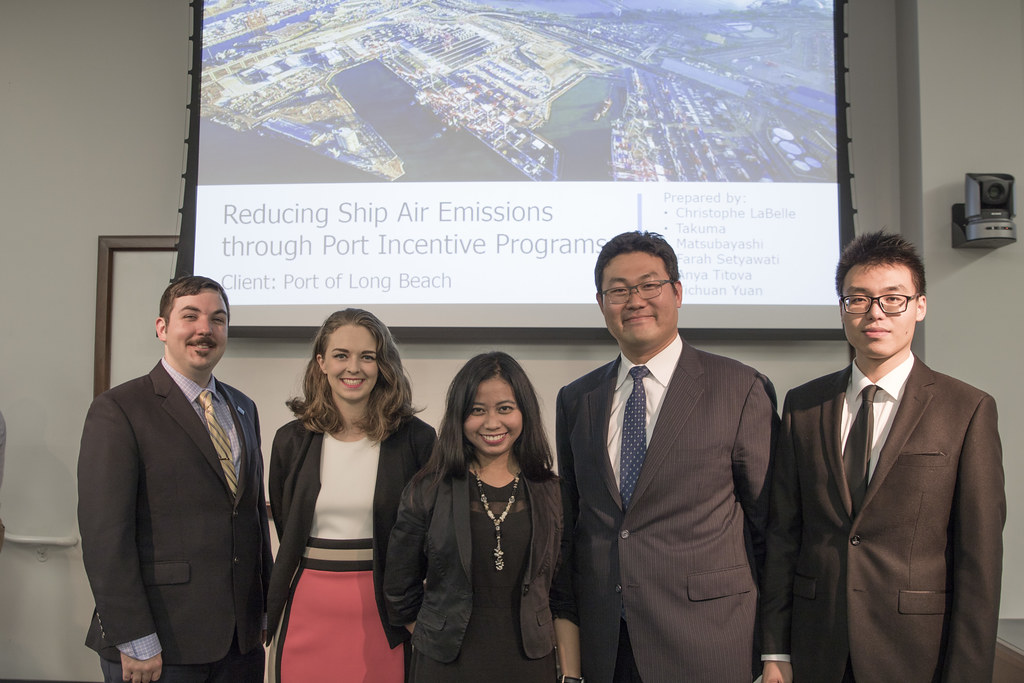
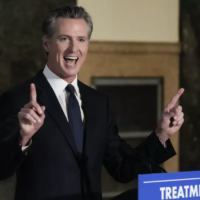
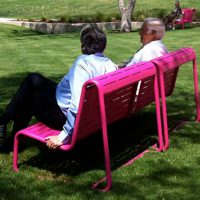
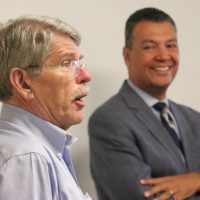
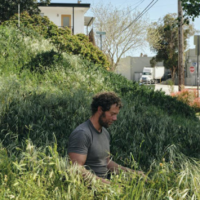

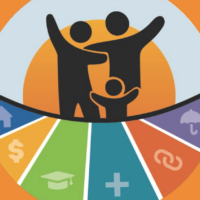

Can’t get any better than this. Appreciate the share! Thank you.
new physician hiring